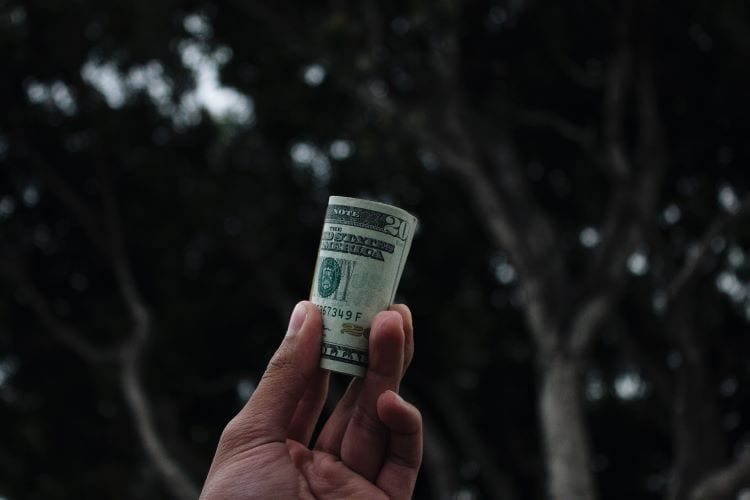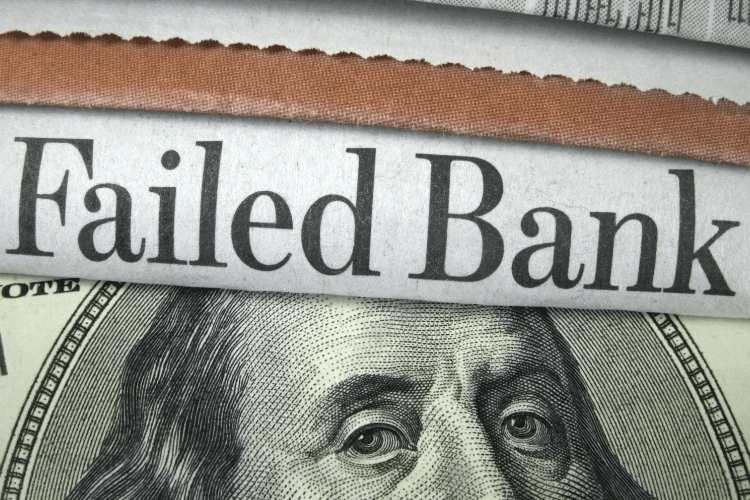How to Find Unclaimed Money in Your Name

It sounds too good to be true, but it’s actually possible that you have unclaimed money waiting for you, hidden from sight.
How is this possible, you ask?
In our complicated world, money gets lost. Or we become so busy that we forget what we’re owed. From utility deposits to unclaimed insurance payouts, there are billions of dollars out there, patiently waiting to be claimed by their owners.
There’s no guarantee, but some of that money might be yours. Here’s how to find – and collect – those unclaimed funds.
How Money Goes Unclaimed
It seems crazy that people could have hundreds or thousands of dollars available to them without knowing it, but that’s exactly what happens every day. Old bank accounts, stock dividends, CDs, trust funds, back wages, unclaimed tax returns, insurance policies, retirement plans, and refunds are just a few of the most common sources of unclaimed money.
Often checks or notices go to old addresses and never get forwarded, too.
If the money is allocated to you, but you don’t claim it (because you don’t know it exists!), the financial institution in charge is legally obligated to transfer the unclaimed money to state authorities within a specific time frame. You might be notified about it, but you might not. Searching for your unclaimed money yourself is the only way to guarantee you find what’s owed to you.
Finding Your Unclaimed Property
Start your search in your home state(s). Every state in America has a treasury website with a search function for unpaid dues. For example, if you live in Pennsylvania, head to www.patreasury.gov and click the menu option labeled “Unclaimed Property.” All you need to do is enter your name. You can narrow it down by city or zip code as well.
A quick search of my own last name revealed that four of my relatives have unclaimed property through sources like CVS Pharmacy, Bank of America Home Loans, and PayPal. A few are notated as “under $100” but others state “over $100.” My family members can request and submit claim forms to get ahold of their money. It’s like the 21st-century version of treasure hunting.
Helpful tip: If your name is commonly misspelled, make sure you search using all common variations.
Once you’ve exhausted the claims in your state, turn your attention to the national database. MissingMoney. This is an especially important step if you’ve moved many times through different states. MissingMoney will ask all treasury sites for unclaimed reports in your name.
The IRS is also a good place to search for unclaimed money. File paperwork to make sure the IRS knows your current address so that you can receive any unclaimed tax refunds.
Other Sources to Check
Check out the Department of Labor (DOL) website to recover back wages you are owed from past employers. Unpaid wages are held for up to three years through the DOL, so don’t procrastinate on this one.
Search for insurance money through these sources. It’s possible that you’re owned insurance money you never knew existed or assumed wasn’t yours to collect, such as:
- VA Life Insurance Funds, if you’re a veteran
- The U.S Department of Housing and Urban Development (HUD) if you had an FHA-insured mortgage
Find money from bank accounts and investments. When banks and credit units fail, deposits can be claimed by their rightful owners. Most claims collected within the 18-month insurance period are paid at full price. After 18 months, only a partial amount can be claimed. Sources to search include:
Use the National Registry of Unclaimed Retirement Benefits to find any retirement funds in your name. It’s common for employees to move jobs and leave behind 401(k) accounts that fail to roll over.
With just a few clicks on the computer, you can search for and uncover money you never even knew you were owed. You never know what will turn up – but whether it amounts to $50 or $5,000, it’s bound to be welcome.
Don’t wait to get out of debt! Read this: A Complete, Step-By-Step Guide to Get Out of Debt.










